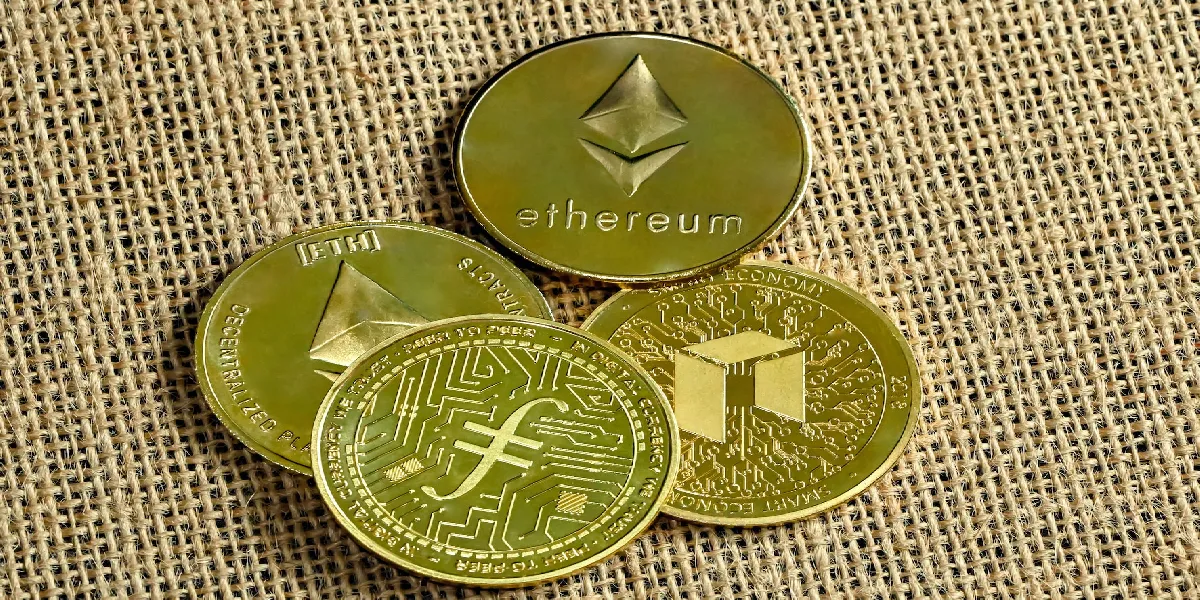Blockchain technology continues to reshape various sectors, and at its forefront is the innovative concept of smart contracts. These digital contracts automatically execute and enforce agreements, with their terms encoded in the blockchain. This transformative technology holds immense potential to revolutionize industries like finance and supply chain management by introducing new levels of efficiency and security. Within the realm of smart contracts, three major blockchain networks stand out: Bitcoin, Ethereum, and Binance Smart Chain. Each network uniquely contributes to the evolution of smart contracts, offering distinct features and approaches to leveraging this groundbreaking technology. In addition, you can find an investment education company to start your learning journey by visiting https://immediate-altcoin.com/.
Understanding Bitcoin's Approach to Smart Contracts
Bitcoin, the first cryptocurrency and blockchain platform, introduced the world to the concept of digital currency. However, Bitcoin's approach to smart contracts is somewhat limited compared to its successors. Bitcoin utilizes a simple scripting language for its smart contracts, allowing users to create basic conditions and multisignature wallets. While these features have been employed for tasks like escrow services and time-locked transactions, Bitcoin's scripting language lacks the Turing completeness required for more complex applications.
Despite these limitations, Bitcoin has seen the development of projects like the Rootstock platform, which aims to bring Ethereum-compatible smart contracts to the Bitcoin network. Rootstock seeks to leverage Bitcoin's security and liquidity while offering enhanced smart contract capabilities.
Ethereum: The Birthplace of Smart Contracts
Ethereum, founded by Vitalik Buterin in 2015, is often referred to as the birthplace of smart contracts. Ethereum introduced a Turing-complete programming language called Solidity, enabling developers to create complex, decentralized applications (DApps) and smart contracts. These smart contracts have facilitated the explosive growth of decentralized finance (DeFi) and non-fungible tokens (NFTs).
Ethereum's thriving ecosystem includes projects like Uniswap, MakerDAO, and Aave, which provide decentralized exchanges, lending platforms, and liquidity pools. These applications offer users the ability to lend, borrow, trade, and earn interest on cryptocurrencies, all without intermediaries.
Binance Smart Chain: Competing with Ethereum
Binance Smart Chain (BSC) emerged as a strong competitor to Ethereum, offering similar smart contract capabilities with some key differences. BSC employs a Delegated Proof-of-Stake (DPoS) consensus mechanism, providing faster transaction confirmations and lower fees compared to Ethereum's Proof-of-Work (PoW) system. This has attracted a substantial number of DeFi projects and NFT marketplaces to BSC.
Projects like PancakeSwap and BakerySwap have flourished on BSC, providing decentralized exchanges, yield farming, and other DeFi services. The lower transaction costs on BSC have made it an attractive platform for users seeking cost-effective alternatives to Ethereum.
Scalability and Transaction Speed
Scalability remains a critical challenge for blockchain platforms. Bitcoin and Ethereum have both faced congestion issues and high transaction fees during periods of high demand. Bitcoin's Lightning Network and Ethereum's Ethereum 2.0 upgrade aim to address these scalability concerns.
Binance Smart Chain, on the other hand, has achieved higher throughput and faster transaction speeds thanks to its DPoS consensus mechanism. This design choice has enabled BSC to process a significantly larger number of transactions per second, making it a more efficient platform for executing smart contracts.
Security and Consensus Mechanisms
Security is paramount in the world of blockchain, especially when it comes to smart contracts. Bitcoin's PoW consensus mechanism is known for its robust security, but it requires significant energy consumption. Ethereum's transition to Ethereum 2.0 aims to enhance security while reducing energy consumption by moving to a PoS consensus mechanism.
Binance Smart Chain employs DPoS, which offers speed and efficiency but may raise concerns about centralization. The security of DPoS relies on a smaller group of validators compared to PoW or PoS networks.
Future Developments and Conclusions
The future of smart contracts and blockchain technology is dynamic and promising. Bitcoin, Ethereum, and Binance Smart Chain continue to evolve, with various upgrades and improvements in the pipeline.
Bitcoin explores second-layer solutions like the Lightning Network to enhance scalability and transaction speed while preserving its security. Ethereum's transition to Ethereum 2.0 promises to address scalability, energy consumption, and security concerns, potentially solidifying its position as a leader in the smart contract space.
Binance Smart Chain's rapid growth and cost-efficient ecosystem make it a strong contender in the race for smart contract dominance. Its ability to attract DeFi and NFT projects indicates that it may continue to challenge Ethereum's dominance in these areas.
In conclusion, the competition and coexistence of Bitcoin, Ethereum, and Binance Smart Chain drive innovation and benefit users and developers. Each platform brings its unique strengths and weaknesses to the table, and their ongoing development will shape the future of blockchain technology and smart contracts. As the space evolves, it will be fascinating to witness how these platforms adapt to changing demands and market dynamics.

Blockchain technology, integral to the functioning of cryptocurrencies, has seen substantial development since the birth of Bitcoin.

The performance of the national anthem is one of the biggest moments of the Super Bowl, a major feel-good moment before kick off in the big game. It is always a highly anticipated moment and the visuals that come with it can even be tear jerking.

The AK-47 is undoubtedly one of the most popular weapons in CS2. The skins are in stable demand, which means that the price of many of them remains high or even gradually increases.

Amyl Poppers, a name circulating with increasing frequency in social circles, have become synonymous with heightened sensory experiences and euphoria.

In recent years, wearable technology has emerged as a game-changer in the field of personal health and wellness.

Check the forefront of innovation in outsourcing with leading companies like Lampa.dev. Discover how advanced technologies and tailored solutions are transforming industries and driving business success.

The world of online poker has undergone significant changes with the advent of blockchain technology, particularly Ethereum. While blockchain has brought transparency and security to the poker table

Georgia, a small country nestled between Europe and Asia, is known for its breathtaking landscapes and rich culture.

